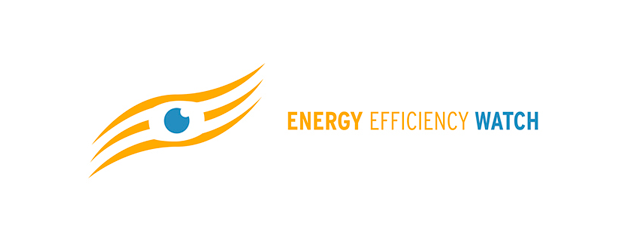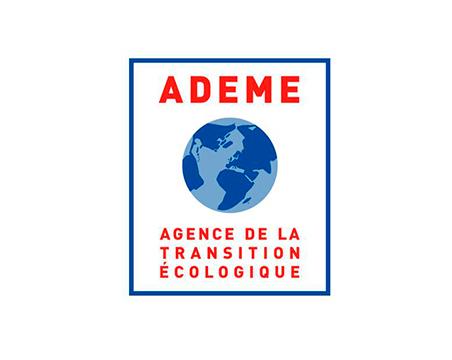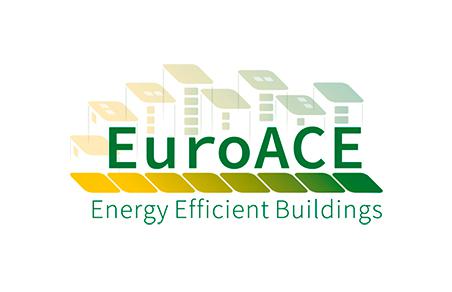Panel 5. Sustainable communities
57% of the world’s and 77% of Europe’s population already live in urban areas, and by 2050 the numbers are expected to increase to 68% and 85%, respectively. The last few years (and especially 2020) have shown us that the way we live in cities will change. At the same time we see already large cities growing rapidly and small rural municipalities shrink. For this reason, a transition towards more sustainable and resilient cities and communities is the great challenge.
Cities hold great opportunities for simultaneous climate protection and economic development, employment, and wealth generation. However, in order to realise these opportunities, the risks and the conflicts of interest, in e.g. exponential growth, have to be handled very carefully. Although cities worldwide only occupy 2% of the land area, they consume 75% of global energy and generate 80% of the greenhouse gas emissions. Thus, sustainable development of urban areas and multidisciplinary planning is a challenge of key importance.
In order to be able to manage urban areas in a sustainable manner, the local governments in partnership with the local business life and civil society and other stakeholders need to work closely together on making cities smarter. It is also important the planning of cities, as this decides today how we will live in cities in the future. In this context, new innovative systems can be used to enhance the typical provider-consumer model, leading to higher energy consumption awareness on both sides, with consumers being able to assist the energy service providers in their processes of integration of renewable generation.
Smart urban technologies can provide an important contribution to the sustainable development of cities, with Information and communication technologies (ICT) offering new interdisciplinary opportunities to improve services while reducing energy consumption and emissions. ICT is also key for implementing new roles along the energy value chain, where traditional business models are rapidly becoming outdated, with more demanding consumers and sustainability policies. However, it is of utmost importance to design smart solutions, so that their benefit exceeds the resources necessary for implementing the measure. Sustainable is always smart, but smart is not necessarily sustainable.
Panel 5 invites contributions that are dedicated to the design, planning, development and assessment of smart and sustainable cities, communities and city districts, being focused on smart communities or urban planning, local actions and multidisciplinary and crosscutting aspects.
Contributions may focus on a local and/or a global perspective on smart and sustainable cities and communities. Some relevant topics are:
- “Smart and sustainable communities” as a concept for growing as well as shrinking cities (characteristics, relevant indicators, relation with other concepts, and potential impacts).
- Global outlook and comparisons of smart and sustainable cities (case studies, replication, and transfer across cities and communities).
- ICT (smart meters, smart appliances, monitoring and control systems, etc.) for energy management at community and city district levels and their potential for energy and cost savings.
- Smart urban technologies to improve quality of life (improved indoor air quality and/or comfort, convenience, and accessibility), and to provide economic and social liveability.
- Electrification, integration of renewable generation, and demand flexibility options (including demand response and energy storage) to achieve net-zero energy communities.
- Lessons learned from COVID-19 for sustainable and resilient communities.
Contributions may also focus on urban planning issues or the implementation of local actions, as well as on cross-cutting aspects linking several aspects related to sustainable communities and city districts. Some relevant topics are:
- Planning of sector-coupled infrastructures in urban areas.
- Regeneration of urban space, design options for greening urban environments and urban challenges related to energy and climate.
- Local actions (experiments, projects, and demonstrations) in cities and rural areas and their role in learning and upscaling.
- Local governance structures, urban governance strategies, policies, and financing for community solutions and cooperation to achieve low carbon energy transitions at the community and/or urban area level.
- Multidisciplinary planning (including circular economy and society aspects) for smart and sustainable urban development and energy efficient cities and city districts.
- Citizen engagement and cross-sectoral collaboration (stakeholder involvement) for sustainable communities.
We are looking both for practical examples as well as more theoretical and conceptual contributions.
Panel leaders

Agneta Persson, Anthesis Sweden
Agneta Persson is the Technical Director at Anthesis Sweden. She is a Civil Engineer, with a degree from Chalmers University of Technology, Gothenburg, Sweden. She is one of Sweden’s leading experts in energy efficiency, sustainable energy systems, low energy buildings, technology procurement, demand-side management and market transformation with more than 40 years of experience in energy and environmental issues. She is a pioneer in the innovation procurement area, with a broad experience from developing, managing and implementing several Swedish and European projects in this field.
Agneta was one of the founders of eceee, and was the President of eceee between 2015 and 2022. She is also Honorary Professor at University College of London, Bartlett School of Planning.

Pedro Moura, University of Coimbra, Portugal
Pedro Moura is an Assistant Professor at the University of Coimbra, a researcher at the Institute of Systems and Robotics and a faculty member of the Energy for Sustainability Initiative. He has been a Visiting Scholar at the University of Texas at Austin, Carnegie Mellon University, Comillas Pontifical University and the Technical University of Madrid. He has a background in Electrical and Computer Engineering, with a PhD in Energy Systems from the University of Coimbra. His research activities are focused on smart grids, with research work on topics such as grid integration of renewable energy generation, demand-side management, electric vehicles, and energy storage. He has been involved in more than 50 national and European projects related to energy efficiency and smart grids and has authored more than 100 papers published in top-tier journals, conference proceedings and books.




















